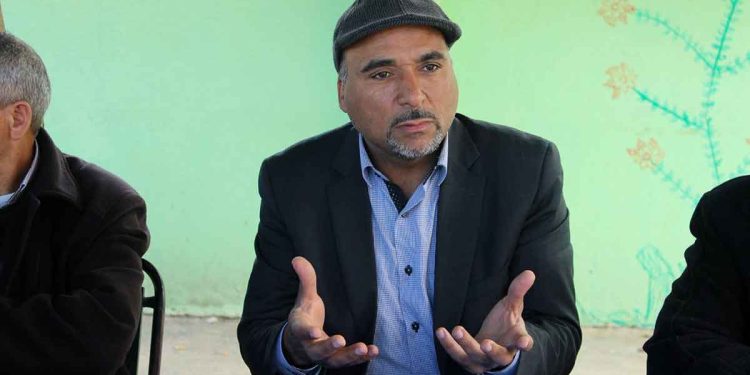In the midst of political tension in Tunisia, Ahmed Al-Mashriqi, a key opposition figure, has initiated a hunger strike. Al-Mashriqi is protesting against his uncharged detention which began on April 18th.
Al-Mashriqi, who leads the office of the detained Rashid Al-Ghannouchi, the Ennahda movement’s head, is also in custody due to politically motivated reasons since April 17th.
Subhi Atiq, another political detainee, is now entering his 31st day of a hunger strike. Atiq is protesting against what he perceives as his unjust detention on political grounds.
Recently, Atiq’s wife, Zeinab Al-Marayhi, revealed that her husband was moved to the intensive care unit of Rabta Hospital in Tunis. She further mentioned that she was denied access to her husband when she attempted to visit him.
Atiq’s defense committee released a statement warning of a significant risk to Atiq’s life due to the deterioration of his health, a consequence of his prolonged hunger strike.
The situation underscores the urgent need for intervention to safeguard the rights of political detainees. These rights include the right to life and the provision of adequate healthcare.
Tunisia has been grappling with a major political crisis since July 25th. The country’s President, Kais Saied, has made several controversial decisions, such as the suspension of parliament’s powers, the removal of deputies’ immunity, and the abolition of the body that oversees the constitutionality of laws. Moreover, he’s taken charge of the public prosecution and ousted the prime minister to assume executive power with the support of the government.
The president’s exceptional measures have had far-reaching effects, as former officials, lawmakers, political parties, judges, human rights activists, media personnel, and media institutions in Tunisia are now facing tightened restrictions, security harassment, arrests, and legal proceedings.






























